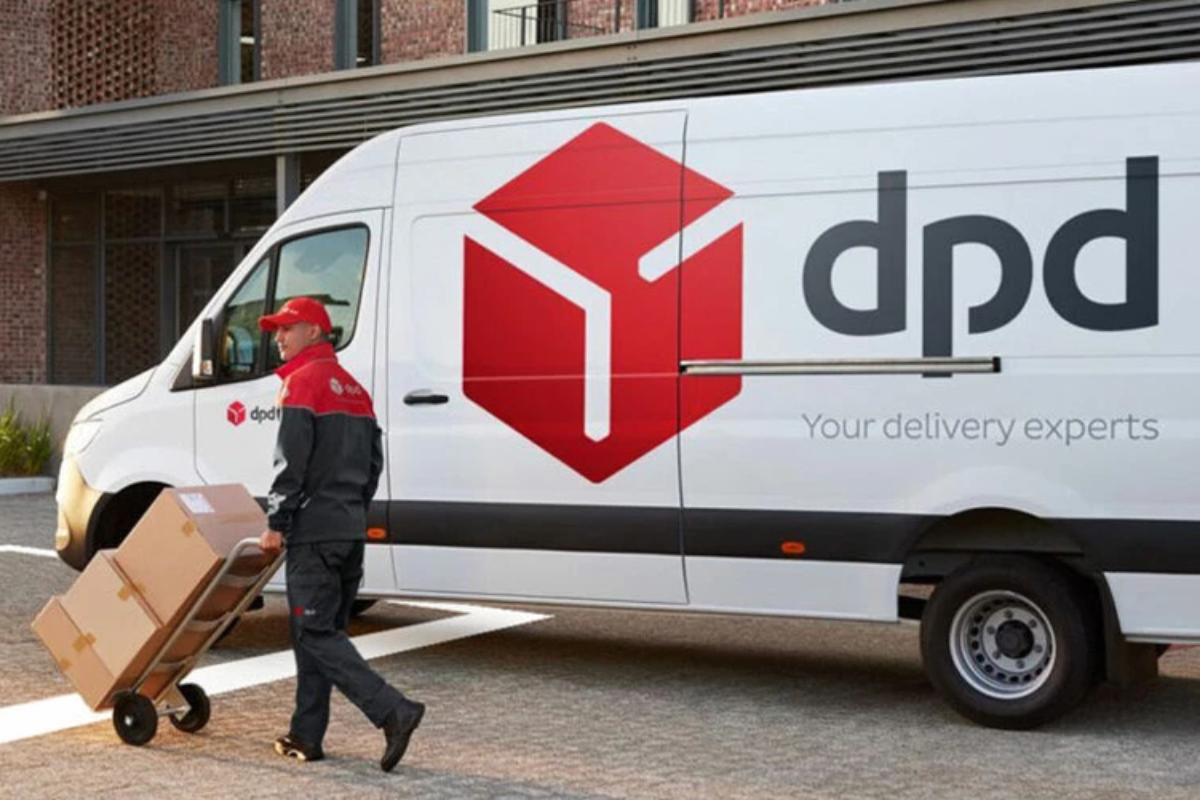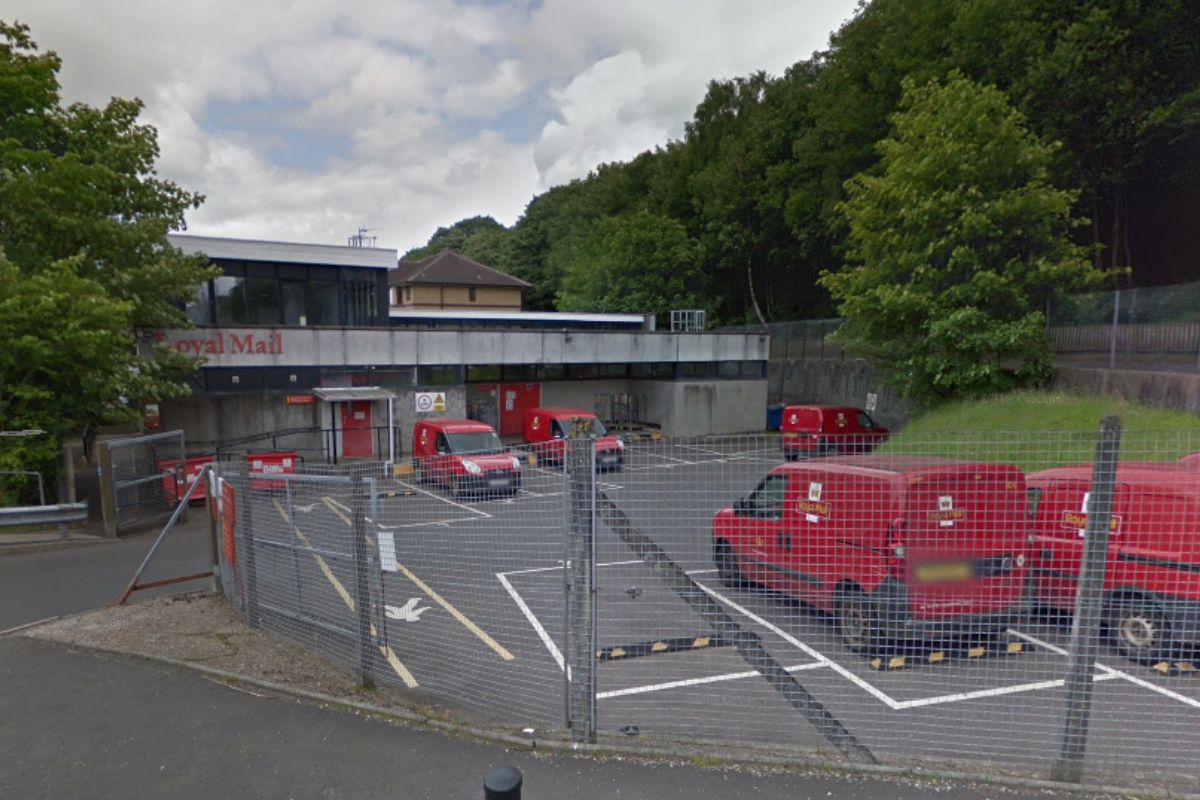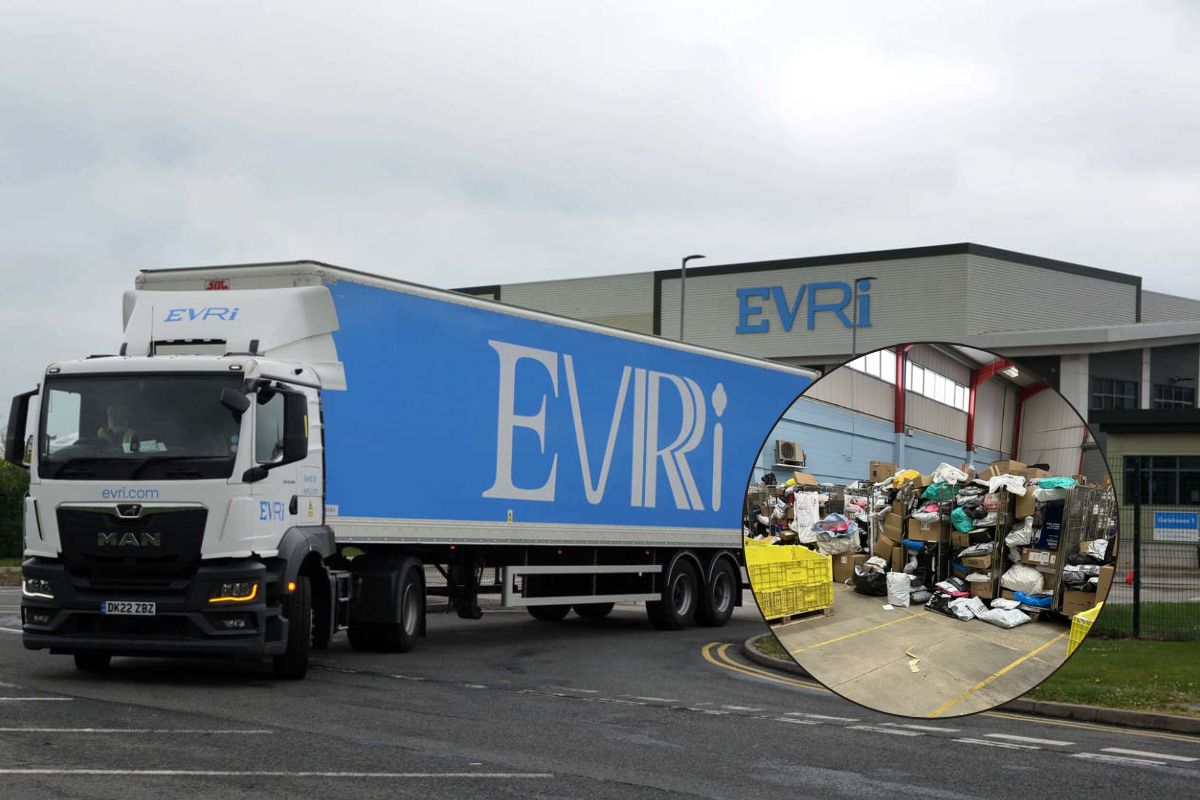DPD directors have vowed to force through devastating pay cuts of up to £25 per day for drivers despite awarding themselves substantial pay rises, including one director who took home nearly £1.5 million in 2024 after receiving a £90,000 bonus increase on the previous year.
Following a Tuesday meeting with drivers’ representatives who coordinated the unprecedented mass walkout that began on October 7th, company managers refused to back down on the 65p per parcel rate cut that could cost drivers more than £6,000 annually.
Instead, they’ve simply delayed the pain until after Christmas, announcing the cuts will now begin on January 5th, 2026 once the busy seasonal period has passed and drivers have delivered the company’s peak profits.
The DPD Directors’ Pay Rise Nobody Asked About
What makes DPD’s treatment of drivers particularly galling is the stark contrast between what’s happening at boardroom level versus what’s being imposed on the people who actually deliver the parcels.
DPD Group UK’s latest accounts show its highest-earning director was paid nearly £1.5 million, including bonuses, in 2024.
That represented a pay rise of more than £90,000 on the previous year, a figure that would cover the annual losses for roughly 15 drivers hit by the new rate cuts.
As one driver spokesperson put it bluntly: “Directors are still receiving their bonuses.”
The timing is particularly cruel given that DPD reported pre-tax profits of nearly £200 million, demonstrating the company isn’t exactly struggling financially whilst demanding drivers accept catastrophic earnings reductions.
The Meeting That Changed Nothing
About 1,500 drivers stopped work on Tuesday after DPD announced the 65p rate cut in an early morning email on September 29th, creating widespread service disruptions across hundreds of postcodes.
Representatives of depots across the country, referred to internally as “service champions,” met company directors in Leicester on Tuesday to discuss the changes, hoping for a genuine reconsideration of cuts that would devastate driver earnings.
What they got instead was a cynical delaying tactic. DPD agreed to defer the reduction until after Christmas, when drivers will have worked brutal hours through the busiest period of the year to deliver the company’s peak season profits.
Then, on January 5th, the cuts will be implemented exactly as planned, stripping drivers of up to £25 per day whilst they’re still recovering from the exhausting Christmas rush.
DPD’s response was predictably corporate: “Following a meeting today with drivers’ representatives, an agreement on a way forward has been reached, meaning drivers that have chosen not to work today will return to work.”
Calling this an “agreement” is generous. It’s more accurately described as a postponement that allows DPD to get through Christmas before gutting driver pay.
The £6,000 Annual Hit to Driver Earnings
For self-employed DPD drivers, the mathematics of these cuts are brutal and unavoidable.
Drivers’ representatives say the combination of the 65p per parcel rate reduction and the scrapped £500 Christmas bonus will cost couriers more than £6,000 annually, with some drivers facing losses as high as £8,000 per year when accounting for the additional deliveries they take on over the Christmas period.
One driver put the scale of the losses into stark perspective: “That’s pretty much my childcare costs for the year.”
Another explained the impossible position drivers now face: “We don’t get holiday pay, we don’t get sick pay.
So, even before the rate cuts, you still weren’t able to afford a family holiday or any time off. To make ends meet, you had to work the full five days a week, 10 hours a day. And that’s pretty much just to get by.”
He continued: “That doesn’t leave anything for savings, that doesn’t leave anything for a family holiday.
We’ve not had a holiday for the last four years, just because we can’t afford it. And, with the cost of living crisis, everything else is going up and up and up. We’re a million miles away from having a holiday. It will [also] have a huge effect on Christmas this year.”
These aren’t complaints about minor inconveniences. These are descriptions of financial survival becoming impossible whilst company directors award themselves six-figure bonuses.
The Self-Employed Status That Strips Protection
Most DPD drivers operate as self-employed contractors, either as individual owner-driver franchises (ODFs) or as part of multi-route franchise (MRF) fleets.
This employment structure means they have no sick pay, no holiday pay, no union protection, and no recourse when the company unilaterally slashes their earnings.
The rate cuts apply to both groups.
ODF drivers will have their rates decreased directly, whilst MRF operators (who are paid by DPD to provide fleets of drivers) will need to decide whether to pass the cuts on to their drivers or see their own profits completely wiped out.
According to driver representatives, a cut of £25 per day per driver would eliminate the profit margin for many MRF operators entirely, meaning the cuts will inevitably be passed down to the drivers doing the actual work.
The Pattern That’s Becoming Impossible to Ignore
DPD’s behaviour follows an increasingly familiar pattern in the courier industry, where companies celebrate record profits and award executives substantial bonuses whilst systematically squeezing the pay of the self-employed drivers who make their business model function.
Evri cut courier rates earlier this year whilst announcing robot delivery dogs as a convenient distraction.
Royal Mail hiked prices whilst service standards collapsed under foreign ownership.
And now DPD is slashing per-parcel rates for drivers whilst company directors take home seven-figure compensation packages.
The excuse is always the same: increased parcel volumes will offset the lower per-parcel rates, so drivers shouldn’t worry about earning less money for each delivery.
But as drivers themselves point out, this argument is rubbish. Even if volumes do increase (and there’s no guarantee they will), drivers would need to handle significantly more parcels to make up the shortfall, which means longer hours, more fuel costs, increased vehicle wear, and greater physical strain for the same or potentially less money.
This isn’t business optimisation. It’s systematic exploitation dressed up in corporate language about efficiency and market conditions.
What Happens Next for Drivers and Customers
The immediate impact of Tuesday’s meeting is that drivers who participated in the walkout are expected to return to work, having been told their concerns have been “addressed” through a three-month delay that changes nothing about the underlying cuts.
For customers, this means service should gradually return to normal over the coming days as the backlog of undelivered parcels is cleared, though expect delays to persist in affected areas as drivers work through the accumulated orders.
Come January 5th, however, drivers will face a stark choice: accept pay cuts that make their work financially unviable, or walk away from contracts they’ve built their livelihoods around.
Some will absorb the losses and try to make it work through increased hours and more deliveries.
Others will leave the industry entirely, creating service disruptions as DPD struggles to replace experienced drivers who’ve decided the job no longer pays enough to justify the physical demands and operating costs.
And throughout all of this, company directors will continue collecting their bonuses, celebrating their pay rises, and congratulating themselves on successful cost-cutting measures that devastate the people who actually deliver the parcels.
When a company reporting £200 million in pre-tax profits forces £6,000 annual pay cuts on self-employed drivers whilst awarding its highest-paid director a £90,000 raise to nearly £1.5 million, it’s clear who’s being valued and who’s being exploited in the modern courier industry.
Want to know more about delivery companies and how they’re performing?
Check out our courier information section or browse our retailer guides to see which delivery companies your favourite shops are using.




